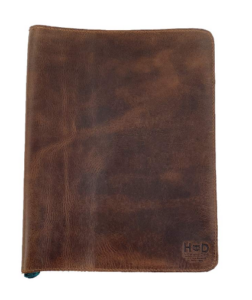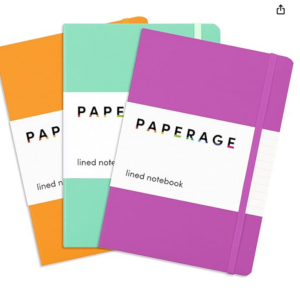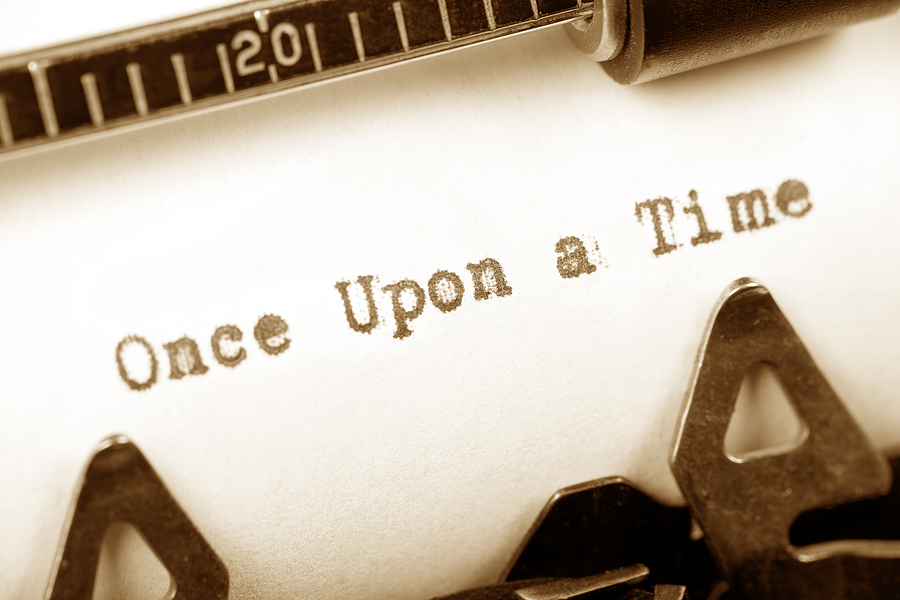One of the best books on writing that has EVER been written (IMHO) is The Artist’s Way. Before reading this book, I was a writer, I got paid to write, but…
After reading it, I changed some habits including starting to journal and…
…Wow!
My creativity and productivity improved dramatically.
Julia Cameron, the author, encourages a journaling habit that is basically a morning brain dump. You write three pages first thing in the morning, whatever comes into your head, you put it on paper. It will be illogical and random and all over the place. And it will be beautiful. As someone with a lot of mental chatter, this practice quieted the chatter and helped me focus on what was important. All you need for this practice is a notebook and your favorite writing tool. But, to make the practice more intentional, you can grab The Morning Pages Journal. There are quotes throughout to help you stay inspired and motivated. There’s also a workbook with writing prompts and creative tasks.
Back to journaling though…
Beyond Morning Pages, there are numerous benefits to creating a journaling practice for yourself.
- Idea Generation: Have you ever had a great idea only to lose it later? Used to happen to me all the time. Now I know better. I’ve sent myself emails or voice notes when I have an idea while driving. If you keep a journal, you can write it down right away when the idea is fresh in your mind. Journaling helps you capture and develop new ideas, characters, and plotlines that can be used in your stories.
- Creative Exploration: It provides a space for you to explore different themes, settings, and narrative styles without the pressure of perfection, fostering creativity and innovation. You’re basically able to play around when you’re journaling. You can doodle, work out scenes, or examine possibilities.
- Character Development: You can delve into the backstories, motivations, and personalities of your characters in a journal, making them more nuanced and realistic. You could write a letter to them or have them write one to you. I’ve actually cut pictures out of magazines and glued them into my journal so I could remember what the characters looked like.
- Voice and Style: Journaling allows you to experiment with different narrative voices and styles, helping you find and refine your unique writing voice.
- Emotional Outlet: Like a good old fashioned personal diary, journaling can serve as an emotional outlet, helping you process your feelings and experiences, which can add depth and authenticity to your fiction.
- Daily Practice: Regular journaling keeps you in the habit of writing daily, improving your discipline and writing skills over time. This is major!! Even if you don’t make progress on your book every day, when you journal, you know that you’re still practicing the art of writing.
- Problem-Solving: You can use your journal to brainstorm solutions to plot holes and other narrative issues, working through problems in a low-stakes environment.
- Reflection and Goal Setting: Journals provide a space for you to reflect on your writing journey, assess your progress, and set future goals.
- Mindfulness and Focus: The act of journaling can improve your mindfulness and focus, helping you stay present and engaged with your writing projects.
- Memory Enhancement: Journaling helps you remember details and ideas that might otherwise be forgotten, providing a rich source of material to draw from later.
- Stress Reduction: The practice of journaling can reduce stress and anxiety, allowing you to approach your work with a clearer, calmer mind.
- Historical Record: Journals serve as a personal archive of your thoughts, ideas, and experiences, which can be invaluable for future reflection and inspiration. I can’t tell you how many times I’ve flipped back in my journal to find that idea that I had about a scene or a new plot. So valuable!
Bottom line, journaling is an effective practice for writers. It helps you explore and track your ideas. It also helps you clear out the clutter and focus on the story that you want to tell. I should also mention that hand writing on paper is the most effective way to reap these benefits. Typing or dictating doesn’t generate the same creativity, inspiration, or focus.
 There are many different types of journals to consider. I like a good old fashioned moleskin or composition book with a journal cover.
There are many different types of journals to consider. I like a good old fashioned moleskin or composition book with a journal cover.
If you’re inspired by a pretty cover, consider a journal that has a pretty cover.![]()
 Basic but beautiful is also an option. I’m a huge fan these practical and pretty journals.
Basic but beautiful is also an option. I’m a huge fan these practical and pretty journals.
Incorporating journaling into your routine offers amazing benefits for fiction writers, enhancing both your creative output and personal well-being. Grab a journal and something to write with and get started!
